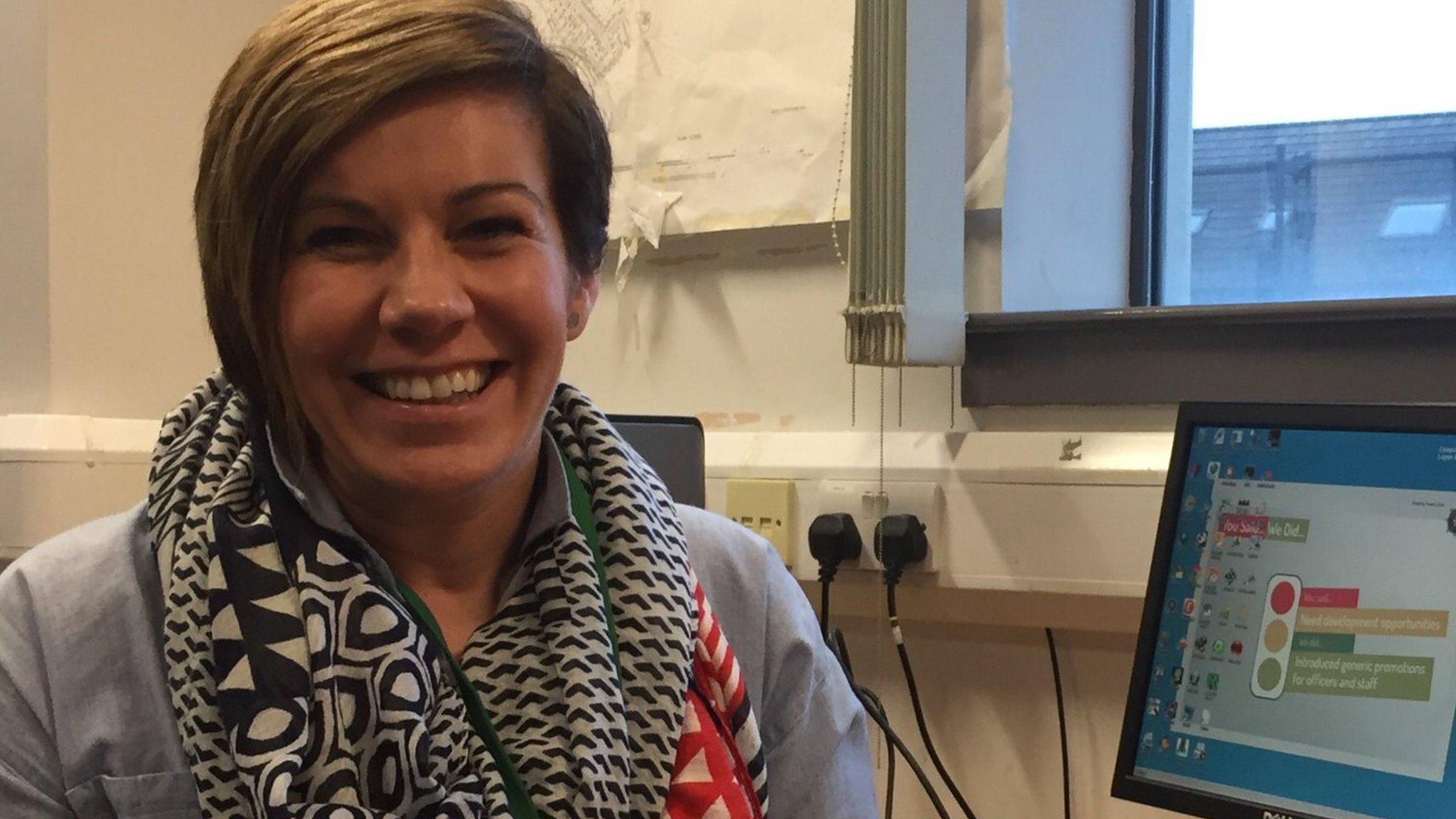Dáithí's Law campaigner among Birthday Honours
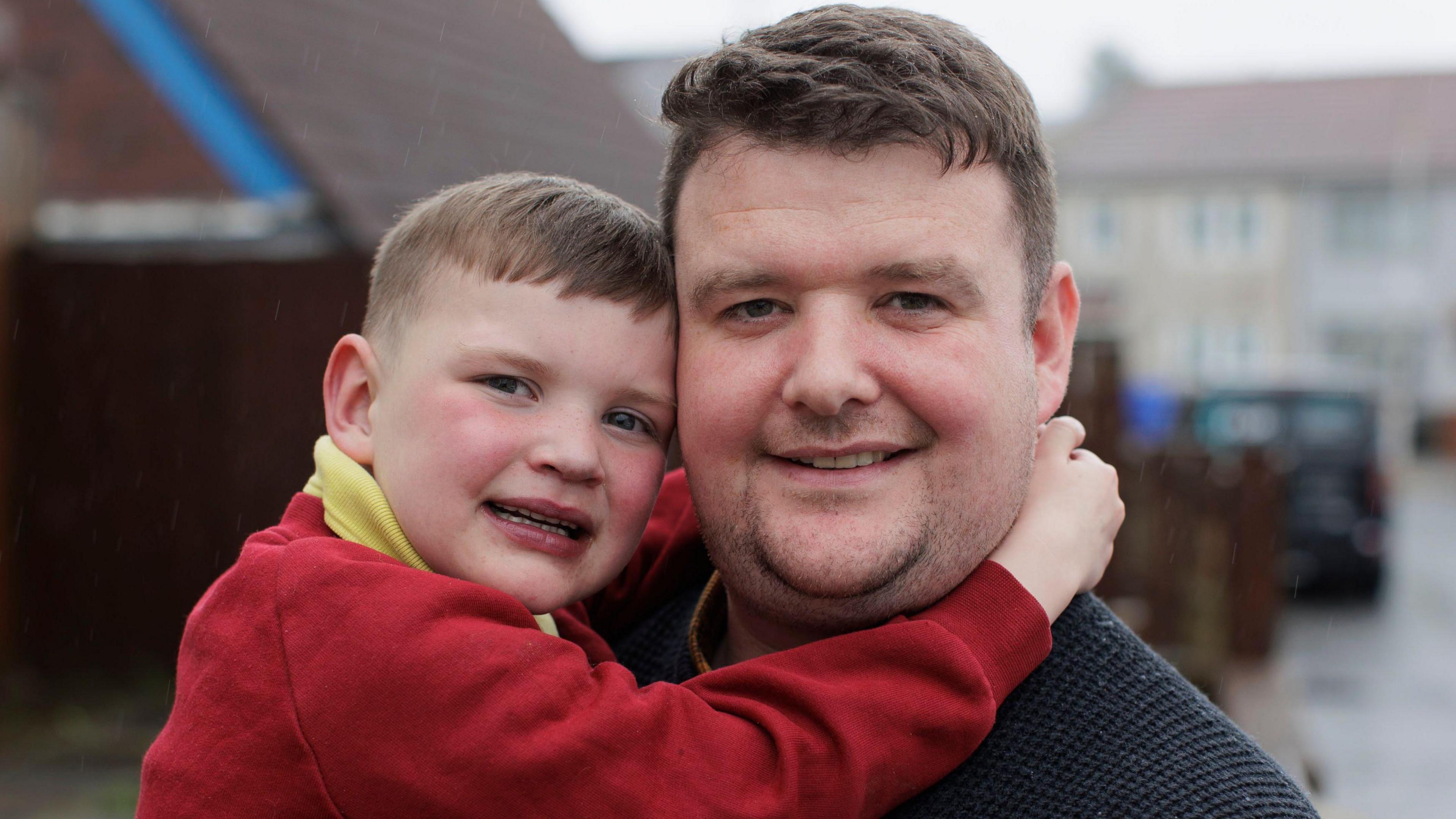
Mairtin Mac Gabhann said it "was not an easy decision” to accept becoming an MBE
- Published
The father of the child who inspired a major change in organ donation rules is among those from Northern Ireland named in the King's Birthday Honours list.
Mairtin Mac Gabhann said it was not an easy decision to accept the honour but that his son Dáithí's campaign was "bigger than any political stance".
Others recognised include PSNI Det Ch Insp John Caldwell, who survived a murder attempt by dissident republicans last year, and Bronagh Hinds, the co-founder of Northern Ireland's Women's Coalition.
There is a knighthood for the head of HMRC Jim Harra, who is from County Down.
Police officer Clodagh Dunlop becomes a MBE for her work on reforming stroke services, as does perinatal mental health campaigner Lindsay Robinson.
Prof Donna Fitzsimons, the head of Queen's University's School of Nursing and Midwifery, is appointed OBE.
'It transcends politics'
The King's Birthday Honours List celebrates the public service of individuals across the UK.
Mr Mac Gabhann, from west Belfast, said being appointed MBE "is acknowledging the impact of Dáithí's campaign and the legislative success of Dáithí's Law".
The law was named after seven-year-old Belfast boy Dáithí Mac Gabhann, who has been on the waiting list for a heart transplant since 2018.
"Personally it was a hard decision to accept this award on behalf of the campaign because of my own personal politics and opinions," he said.
"But I have never once brought my own personal politics into our campaign and that's because Dáithí, Dáithí's Law, the Donate for Dáithí campaign and organ donation - it transcends politics."
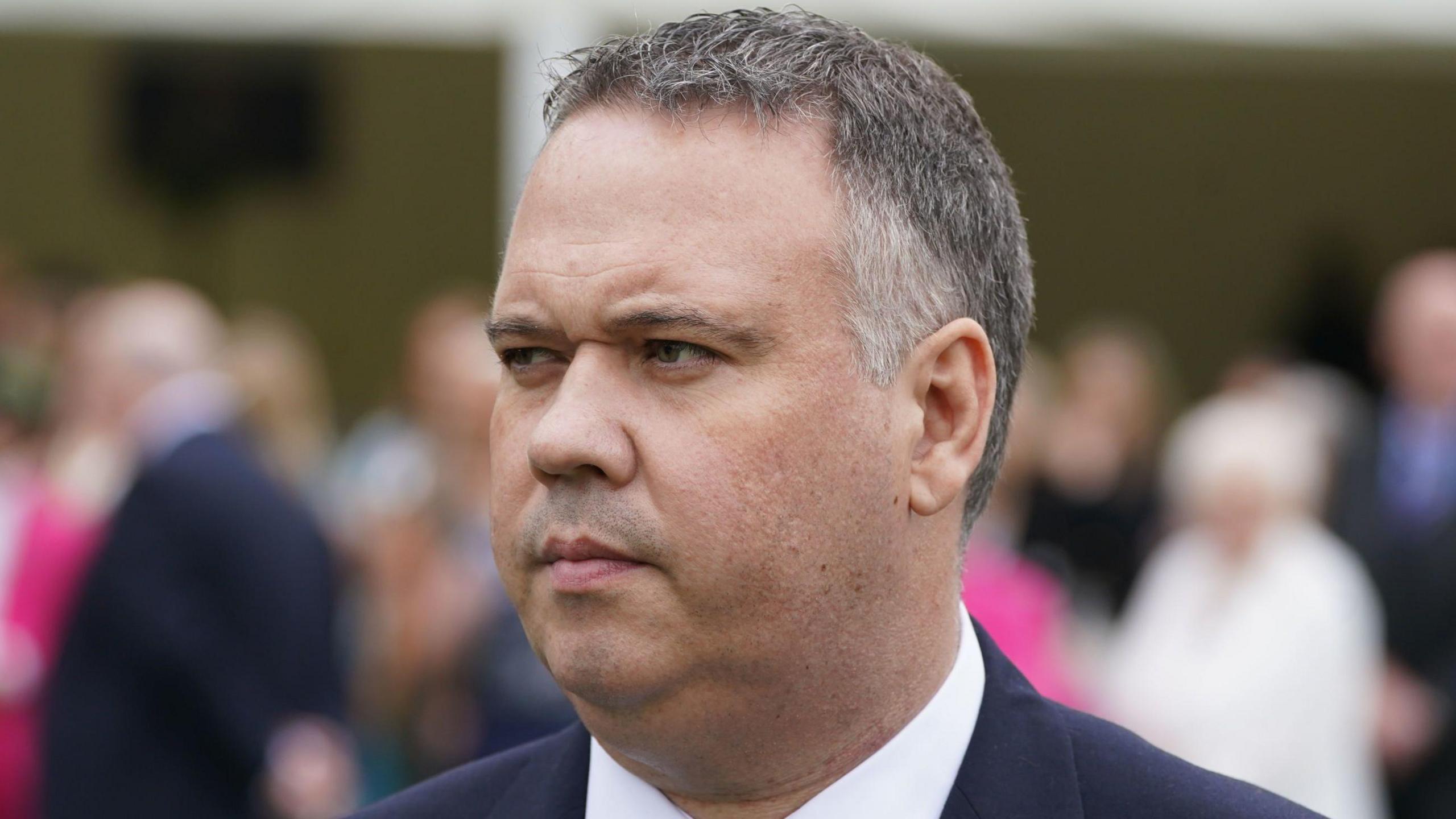
Det Ch Insp John Caldwell was badly hurt in a New IRA murder attempt
Det Ch Insp John Caldwell was shot multiple times in front of his son after coaching a youth football team in Omagh, County Tyrone.
PSNI Chief Constable Jon Boutcher said the King's Police Medal (KPM) award was "a recognition of John's police service, and his bravery and that of his family".
"Despite the despicable attack that bravery and selfless courage has continued to shine through.
"I know that the support received from the public has been tremendous and, for this, we extend a heartfelt thanks."
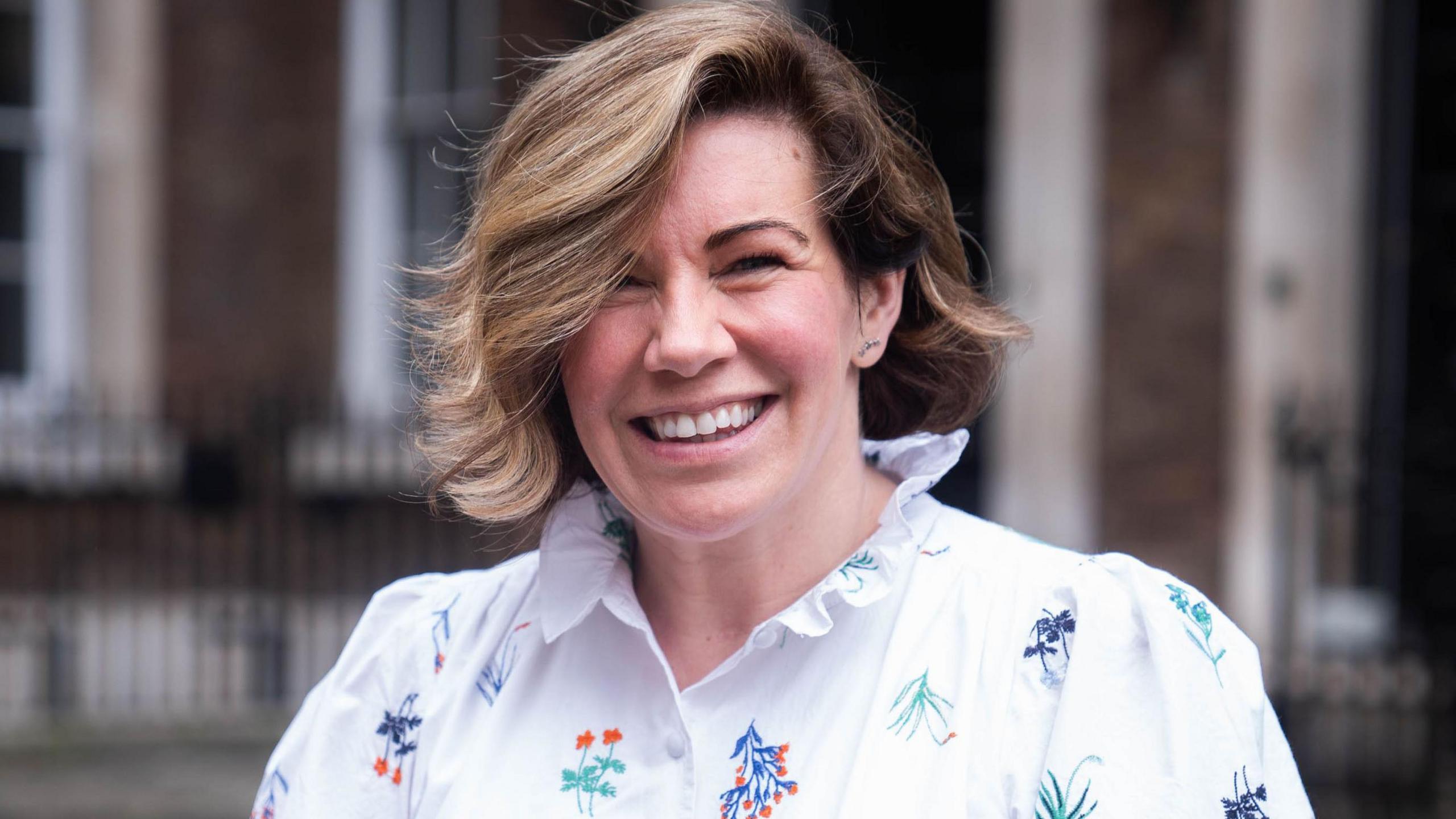
Clodagh Dunlop returned to work 18 months after suffering from locked-in syndrome
Clodagh Dunlop, from Magherafelt, County Londonderry, led a campaign to reform stroke services after defying the odds to beat locked-in syndrome.
She returned to work 18 months after the stroke and a year after being told she might always be confined to an electric wheelchair.
The 45-year-old underwent a procedure called a mechanical thrombectomy to remove a clot in her head the day after she collapsed in April 2015.
She became involved in campaigning because of her anger that she was not able to have the surgery for hours after the stroke.
“I wanted mechanical thrombectomy to be available 24/7," she said.
“At the time of my stroke it was only available nine to five, Monday to Friday.
“It is now available here in Northern Ireland seven days a week and the hours have expanded but I still would like it to be 24/7.
“It almost cost me my life and I now live with disabilities. I simply don’t want anybody else living that story.”
'Still in shock'
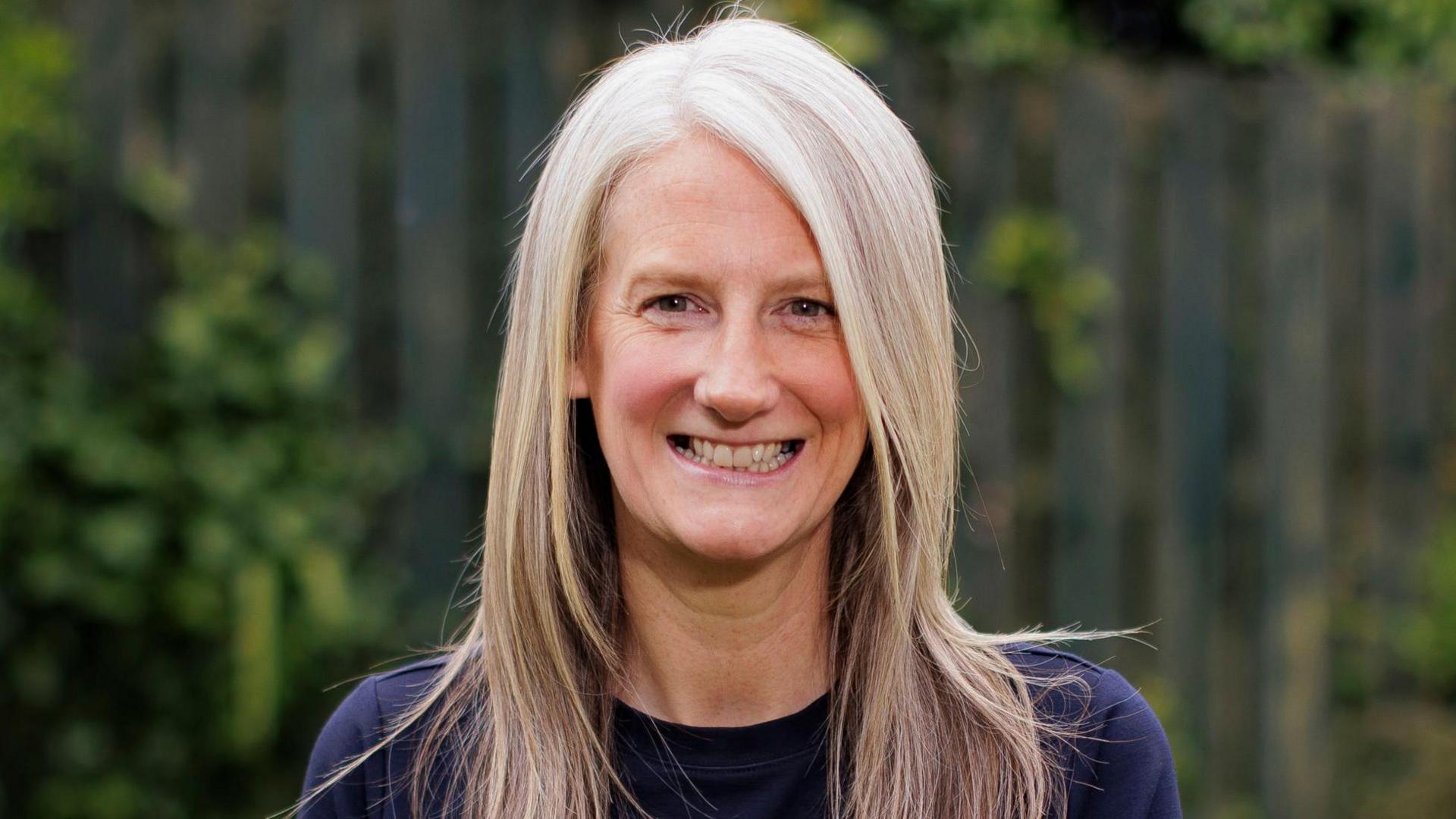
Lindsay Robinson said perinatal mental health services in Northern Ireland "still have a way to go"
Lindsay Robinson, who suffered severe depression while pregnant and after her son was born, has campaigned to improve perinatal mental health services in Northern Ireland.
She said she was "humbled" and "still in shock" after learning she is to become an MBE, but stressed the work to establish services for new mothers in Northern Ireland is not over.
“There still needs to be a mother and baby unit and the funding still isn’t there," she said.
“That is the next piece of the jigsaw. We still have a way to go.”
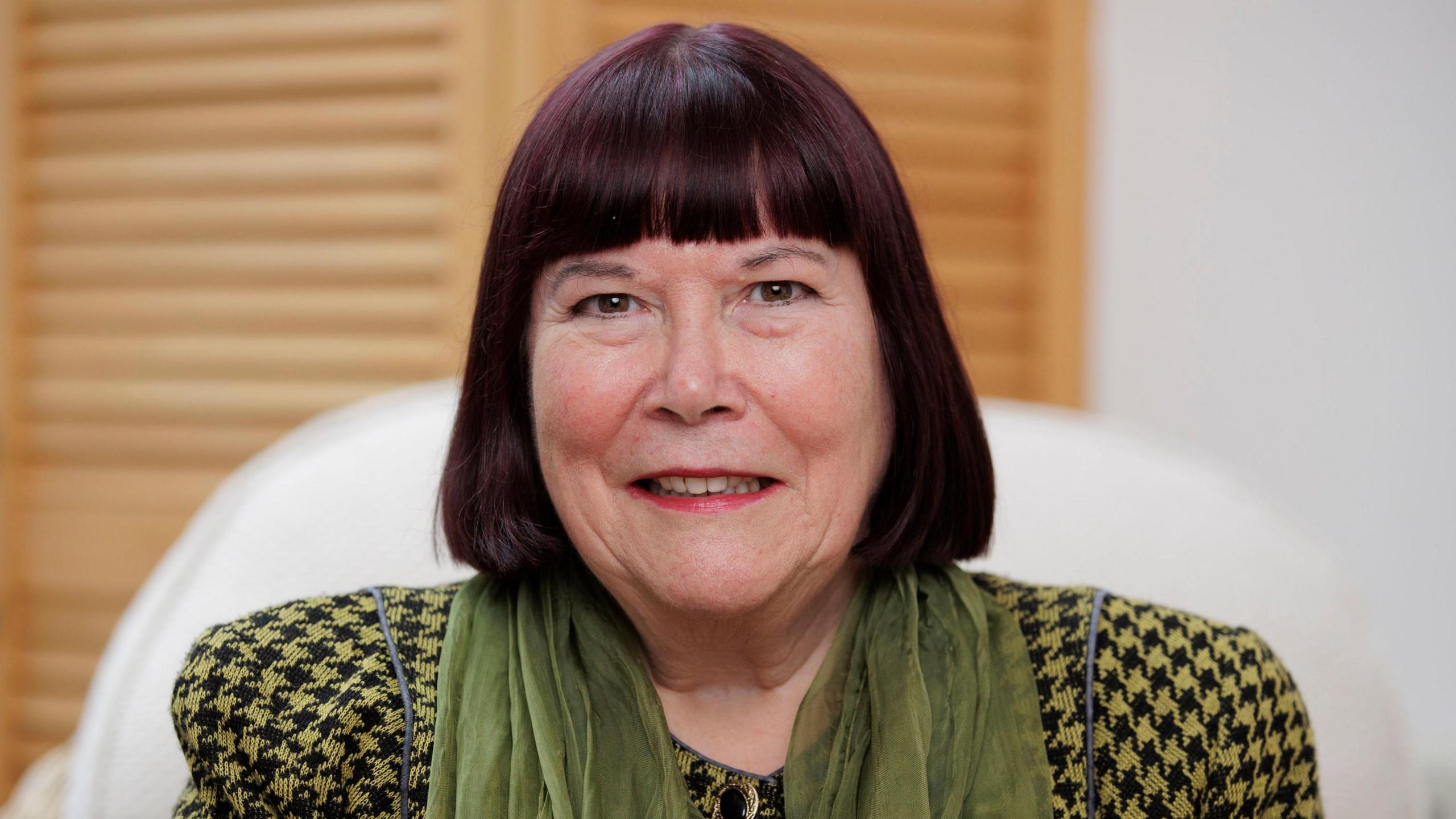
Bronagh Hinds said it was a great privilege to be nominated
Bronagh Hinds was at the centre of the formation of the Women’s Coalition in 1996, during the peace negotiations which led to the signing of the Good Friday Agreement two years later.
She becomes a CBE for services to peace and promoting women’s rights.
While acknowledging that it was “quite a struggle” when she received the letter informing her of the CBE nomination, she said it was a “great privilege” to be nominated.
“I looked at the situation and I said if we are British and Irish, if we are living up to that and we are building reconciliation and inclusion and moving on I think it is very important to accept the award," she added.
“I don’t want to undermine that I think it is a great privilege to have been awarded this honour."
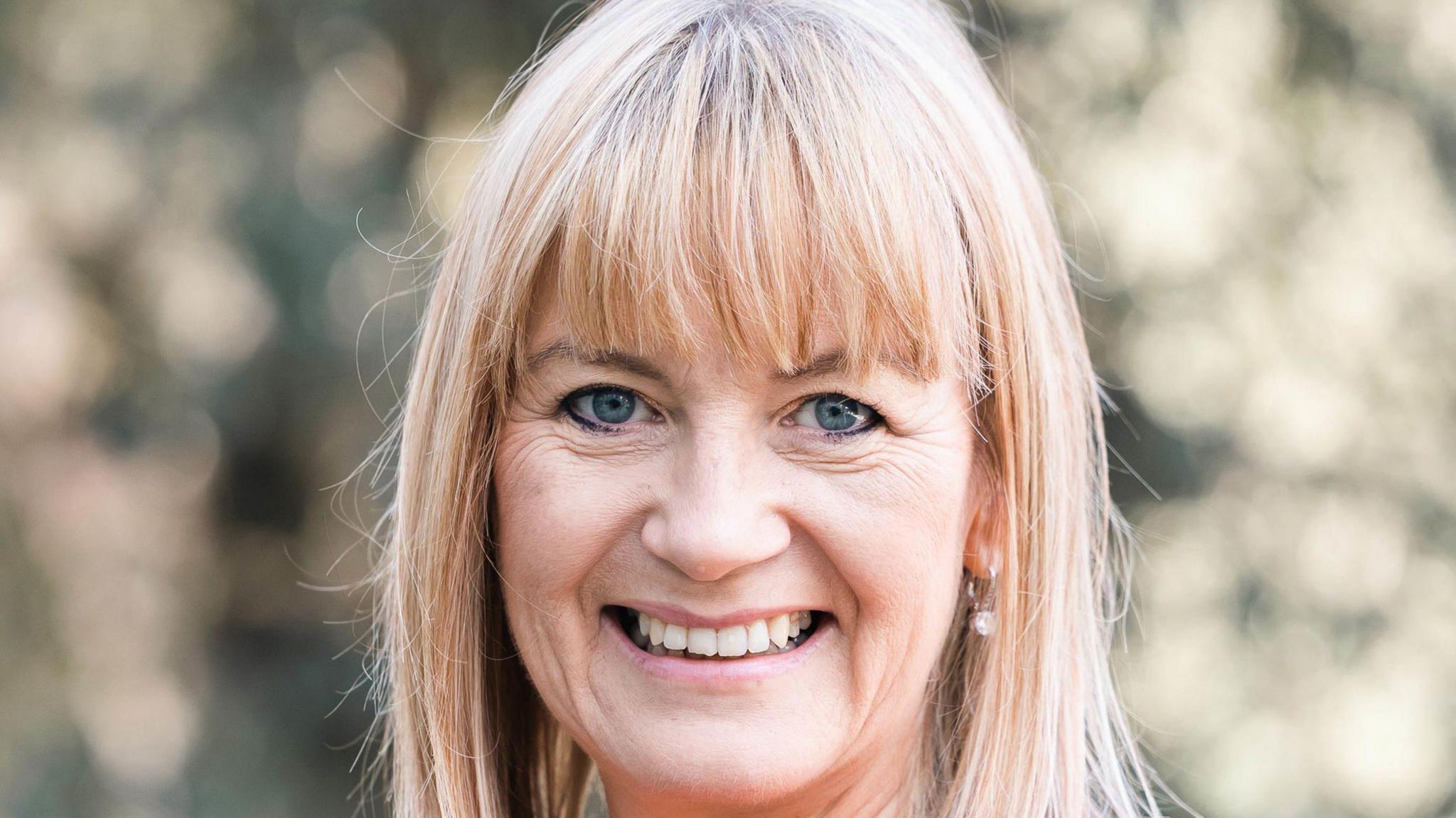
Prof Donna Fitzsimons described the honour as amazing
Prof Donna Fitzsimons, the head of the School of Nursing and Midwifery at Queen’s University, said she was “genuinely blown away” after learning she had become an OBE.
She is being recognised for services to healthcare and education.
“Throughout my nursing career in the health service and university setting, I have always considered it a privilege to care for people and to advocate for their needs through my own clinical practice, education, research or policy making," added Prof Fitzsimons.
“Doing a job you love to the best of your ability never feels like work, so this really is amazing.”
Related topics
- Published1 June 2023
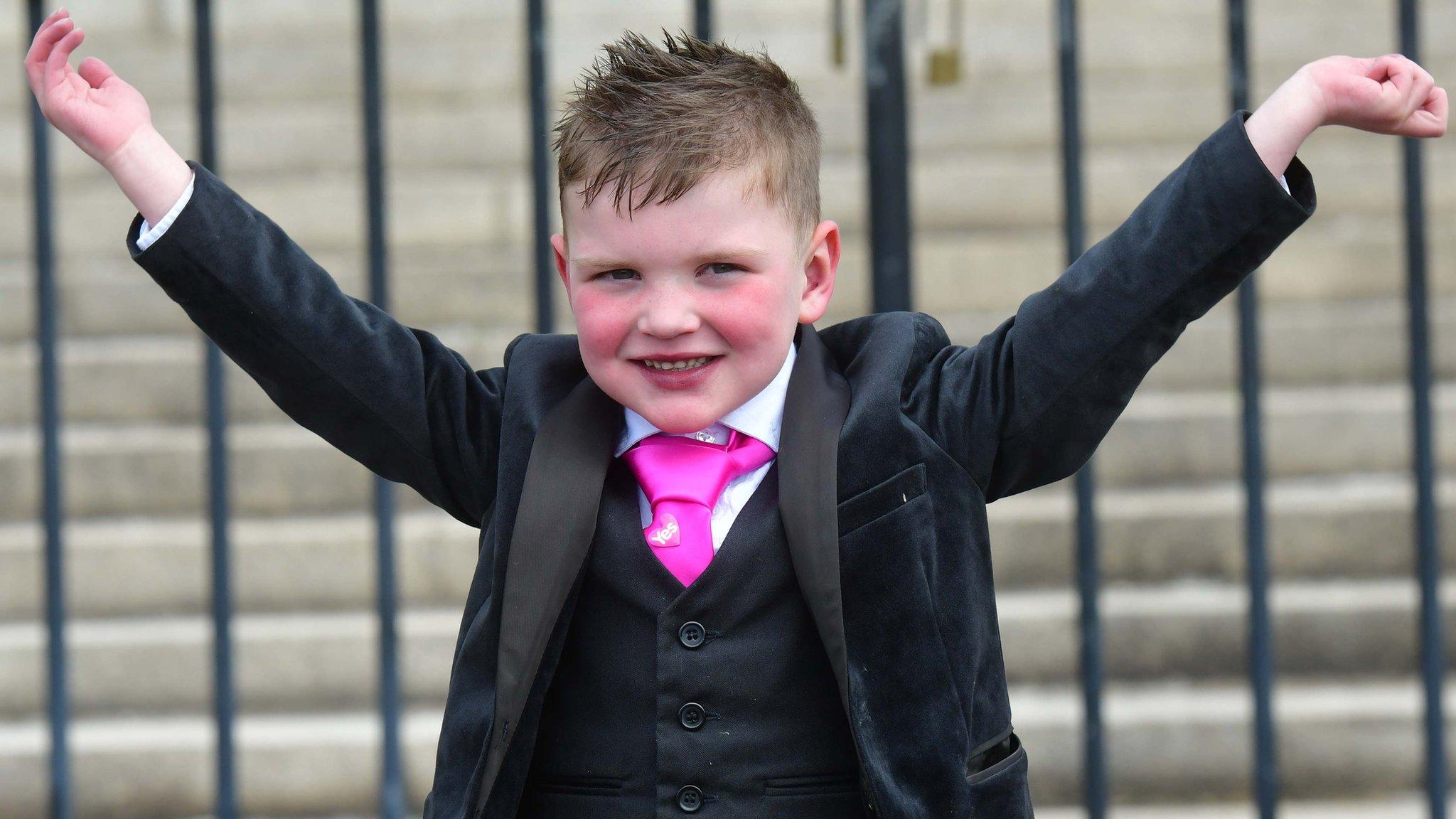
- Published11 October 2016
